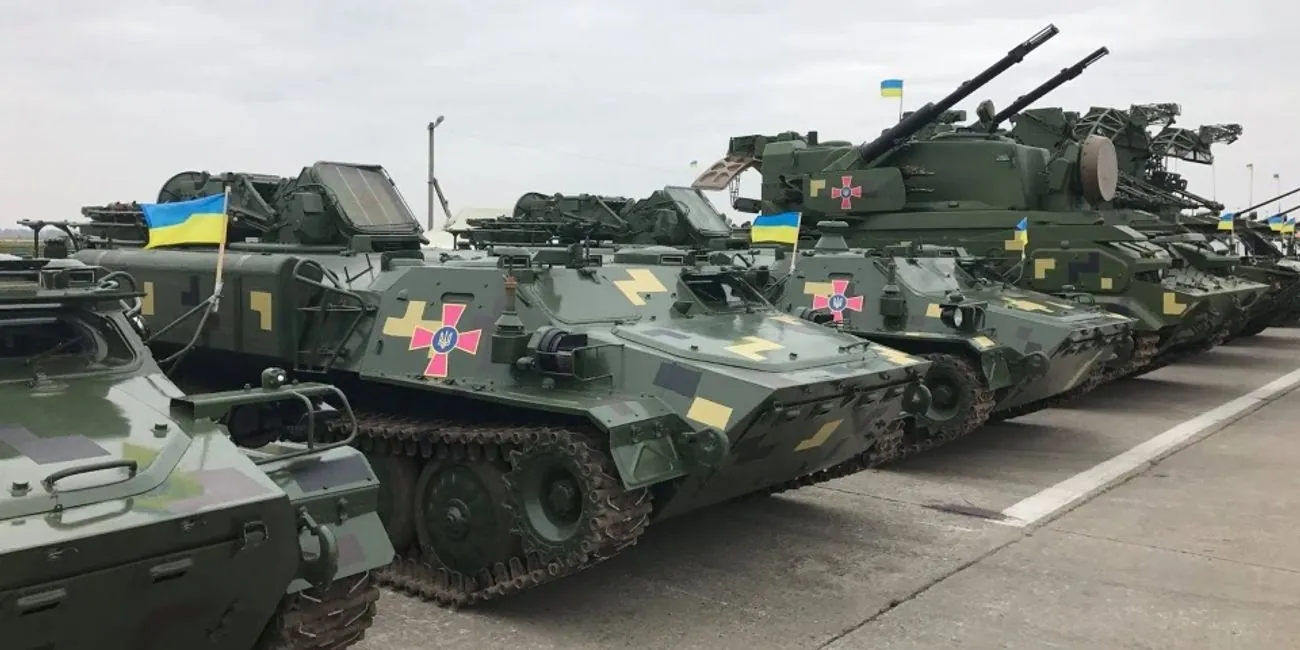“Will Defence City truly be effective? Key decisions are still aheadThe Verkhovna Rada adopted in the first reading draft laws on Defence City, which provide for tax and customs benefits for defense
industry enterprises. However, the aviation industry may remain outside the regime due to strict criteria, which jeopardizes its
potential and the country’s defense capability.
”, — write: unn.ua
Systemic support: finally, but for all important participants?On July 16, the Verkhovna Rada of Ukraine adopted in the first reading three key draft laws aimed at introducing a special legal regime for Defence City – to support the domestic defense industry complex. The documents provide for tax, customs, and budget benefits for participants of the special regime – until 2036.
On the eve of the vote, experts emphasized that these are only the first steps in creating a systemic mechanism for supporting strategic industries, which Ukraine has long needed.
Currently, the head of the Verkhovna Rada Committee on Finance, Tax and Customs Policy, Danylo Hetmantsev, called on the expert community to join the further development of the draft laws:
In order to further improve it, I invite everyone who wishes to take part in the refinement of the projects, to submit their proposals, because we are all interested in offering our key industry the best conditions for further work.
Aviation out of focus? The industry is sounding the alarmAt the same time, representatives of the aviation industry have repeatedly publicly stated the risk of excluding their sector from the circle of potential residents of Defence City – despite its critical role in supporting, repairing, and modernizing the aviation fleet operated by the Ukrainian military. Industry experts point out that the current version of the draft laws effectively limits the possibility of participation for most aircraft manufacturing and aircraft repair enterprises, as it requires that the share of defense products be at least 90% of the revenue structure. However, even the flagships of the industry – such as SE “Antonov”, “Motor Sich” and other private contractors of state contracts – do not meet these criteria and may remain outside the Defence City initiative.
This is happening against the backdrop of the cancellation from January 1, 2025, of all previous tax preferences for aircraft manufacturers – benefits that were in effect even before the start of Russia’s full-scale aggression against Ukraine. At the same time, these enterprises currently remain key performers of critically important defense tasks: they repair and modernize Soviet-made helicopters and aircraft, adapt aviation equipment to modern warfare conditions, manufacture components, and provide technical support for combat vehicles that daily perform combat, evacuation, logistics, and other critically important tasks at the front.
Ignoring the needs of the aviation industry within Defence City creates serious risks for the state. First of all, this is a loss of technical potential: without benefits, enterprises will not be able to invest in development and modernization, which can stop production and lead to a loss of specialists. This directly affects defense capability, because it is the aviation industry that provides repair and adaptation of equipment for the front. The curtailment of domestic production will also increase dependence on imports, reduce autonomy in critical areas, and increase costs. In addition, without aviation support, the state will lose the chance to have the industry as a powerful engine of post-war economic growth.
Amendments in action: what deputies proposeAgainst the background of risks, representatives of the Committee on National Security, Defense and Intelligence have already submitted a number of amendments that will allow aviation enterprises to also become full-fledged residents of Defence City. Among the key proposals are: reducing the requirement for the share of defense products in the enterprise’s revenue structure from 90% to 40-50%, taking into account defense contracts not only for the quarter but also for the year, as well as including in the list of permissible activities such areas as engine building, technical maintenance, repair, modernization of aviation equipment, manufacturing of components, and other strategic steps. In addition, it is about exemption from income tax provided that it is reinvested in the development of enterprises, exemption from VAT and land tax, granting customs preferences for the import of critical equipment, introducing state guarantees and insurance of export contracts, and also excluding the provision on mandatory tax refunds by enterprises in case of changes in the criteria for participation in the regime.
Don’t lose strategic heightIn summary, it can be concluded that the submitted amendments look not only appropriate but also critically necessary. They are capable of correcting the imbalance in the approach to strategic industries, ensuring the participation of the aviation sector in the state support system, and preserving national aviation capabilities during a critical period for the country.
Defence City is a significant initiative for the development and modernization of the defense industry, but without making adjustments for the aircraft manufacturing industry, it is doomed to be incomplete. In view of this, the final adoption of the draft laws on Defence City must be accompanied by a real consideration of the needs of all key areas of the defense industry complex, including aircraft manufacturing. Only under such a condition will the special regime become an effective tool for the restoration, modernization, and development of the sector that provides air cover for the front and can play a leading role in Ukraine’s post-war economic growth.
